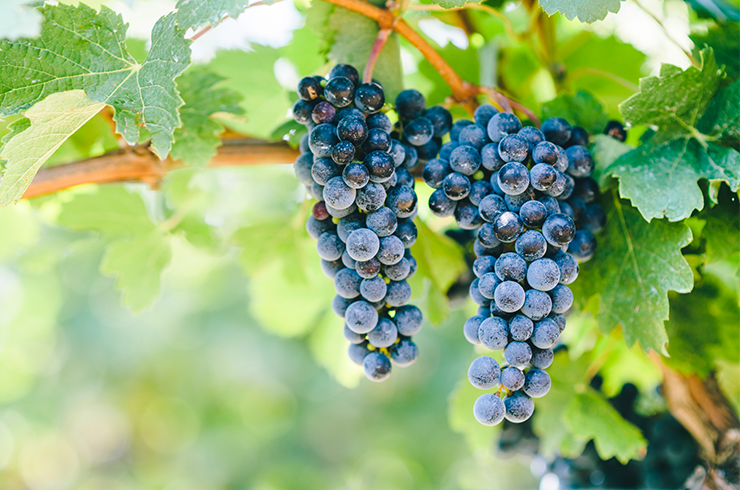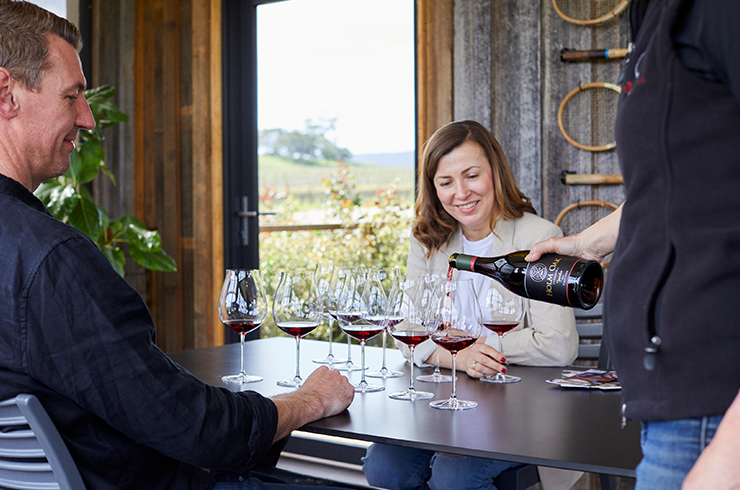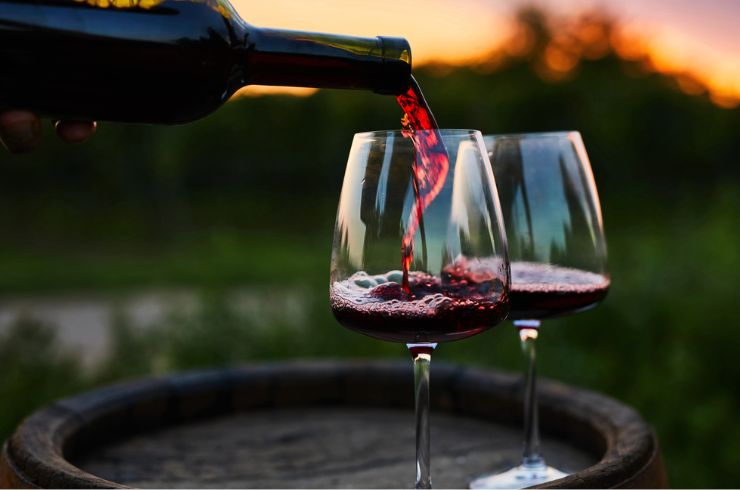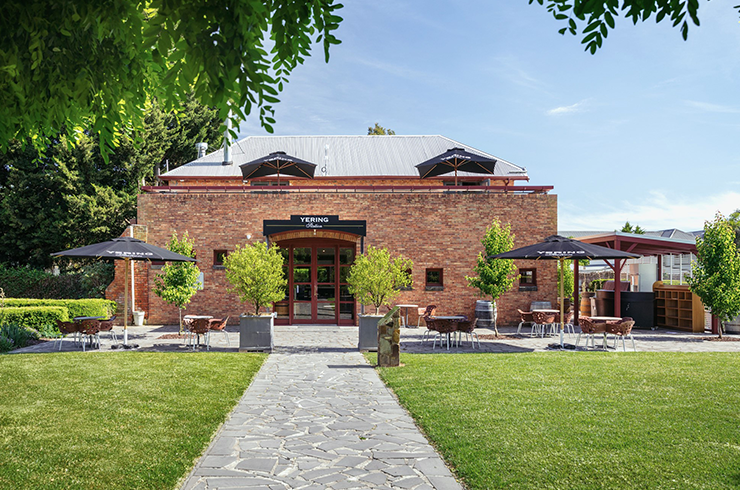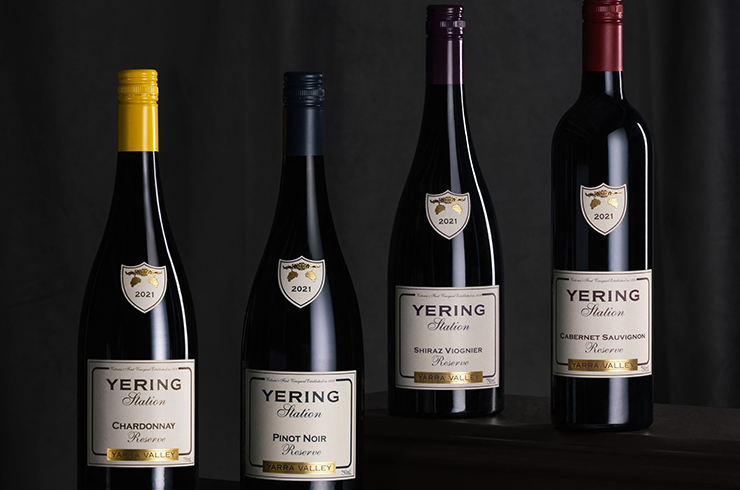When the Rathbones set their sights on the Yarra Valley’s Yering Station in 1996, they had their family’s future in mind. But for it to become the multi-generational business of their dreams, it needed to be sustainable.
Today, sustainability isn’t just a buzzword – it imbues every part of Yering Station’s operation. In February 2024, the winery achieved Sustainable Winegrowing Australia (SWA) certification. This process was an opportunity for the team to evaluate, and improve on, its practices in both the winery and its five diverse vineyard sites across Yarra Glen and Coldstream.
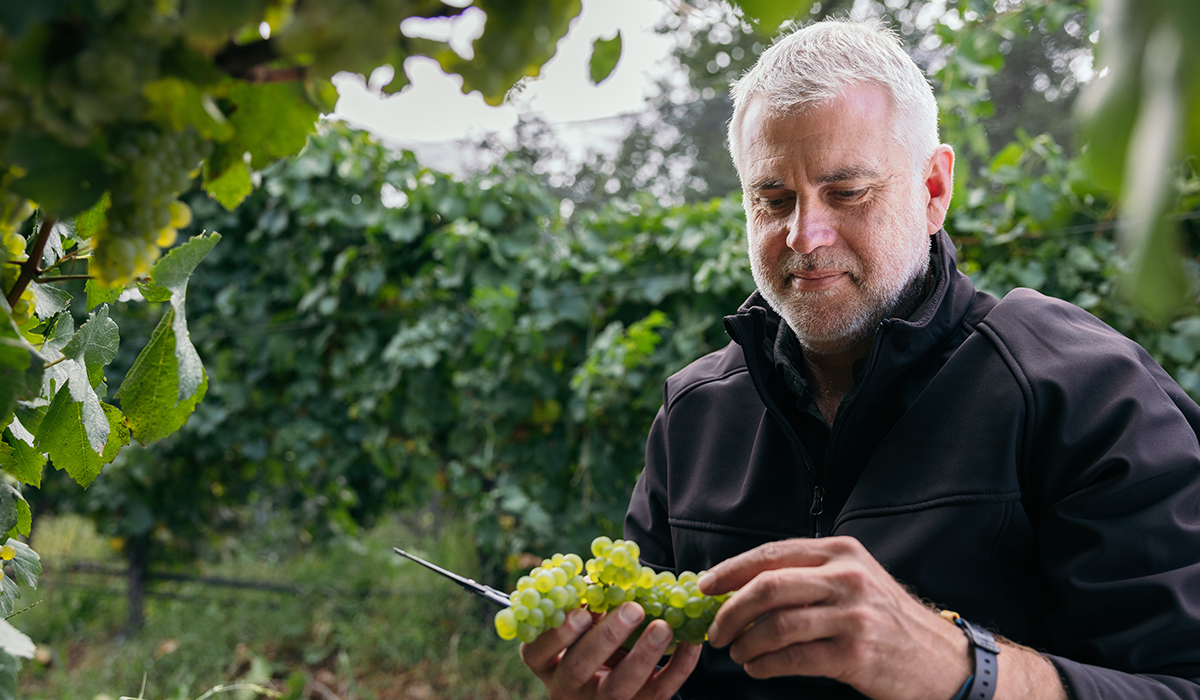
The result is better and more efficient water management, a large area of solar generation offsetting much of the winery’s load, and the use of cellulose-based additives to stabilise white wines, which greatly reduces refrigeration demands. In the vineyards, chief viticulturist Rod Harrison takes a minimal-interference approach, using pesticides and controlling foliage only when necessary. Cover crops are also planted based on the season and what the soil needs – something that may vary across their vineyards due to each one's unique microclimate and soil type.
“If we can do the right things in the vineyard, we have to do less in the winery to make great wine because everything that’s needed is already there,” says winemaker Amanda Flynn.
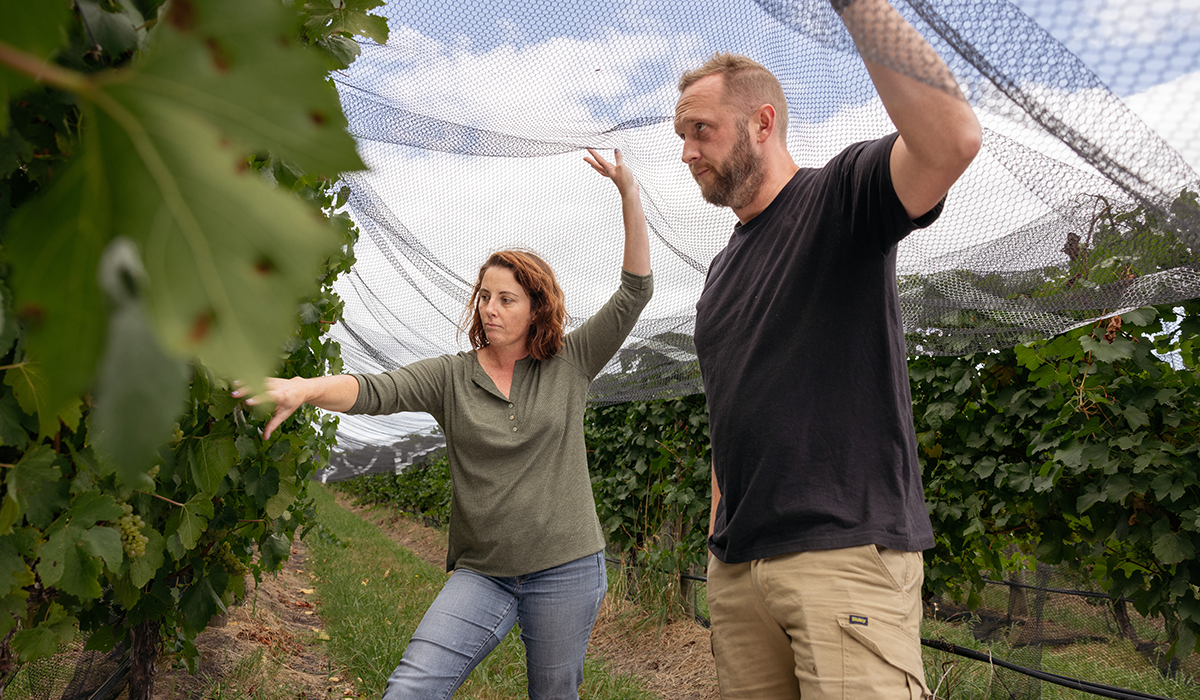
“With a commitment to land comes responsibility,” adds Rod. “We’re very proud of our efforts in this space. We believe that sustainability isn’t just a goal, it’s a journey. One we embrace wholeheartedly, integrating, and continuing to integrate, sustainable practices into all facets of our operations.”
Another example is the adoption of remote-access technology. This includes timers and an irrigation system that can be operated remotely, which reduces both water usage and fuel usage, as the vineyard team no longer need to drive between the five sites to turn the systems on and off. As this sometimes needs to happen overnight, it’s also beneficial for the team’s mental and physical health. This technology also collects data around water usage, which Yering Station can use to track and compare its performance against other similar-sized wineries.
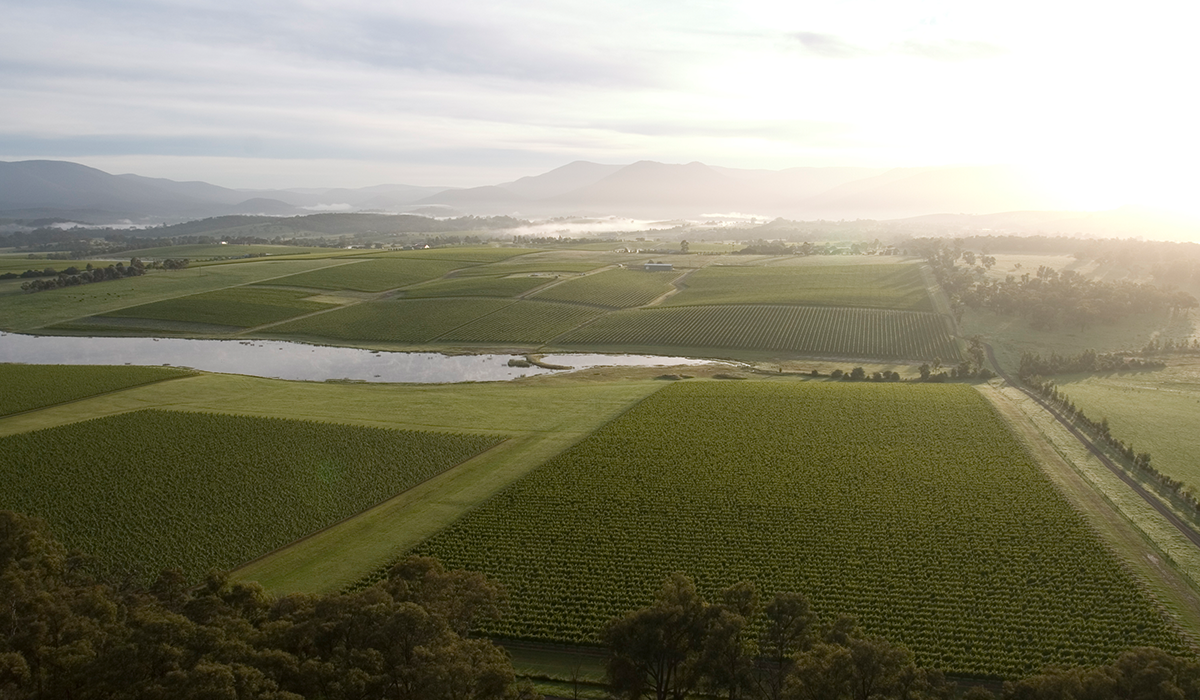
“Our sustainability commitments are unerring, with our team constantly seeking out ways to implement new and innovative sustainability practices in our vineyards and our winery,” says chief winemaker Brendan Hawker.
Next, Yering Station plans to update their refrigeration systems, and look at ways they can harness the heat produced during winery operations and use it to clean and sanitise grape bins and other winemaking machinery. “We look forward to maintaining this important work, as part of the continuous improvement built into the SWA program,” says Brendan.
For more information, visit yering.com.
Latest Articles
-
Wine Lists
Shop these eight Australian shiraz wines that come highly recommended by the Tasting Team
1 day ago -
Travel
Visit the vineyard: Three must-visit cellar doors in Tasmania
1 day ago -
Spirits
The best Australian spirits reviewed by Halliday so far
2 days ago -
Wine Lists
The best Australian red wines under $30
9 Jul 2025
